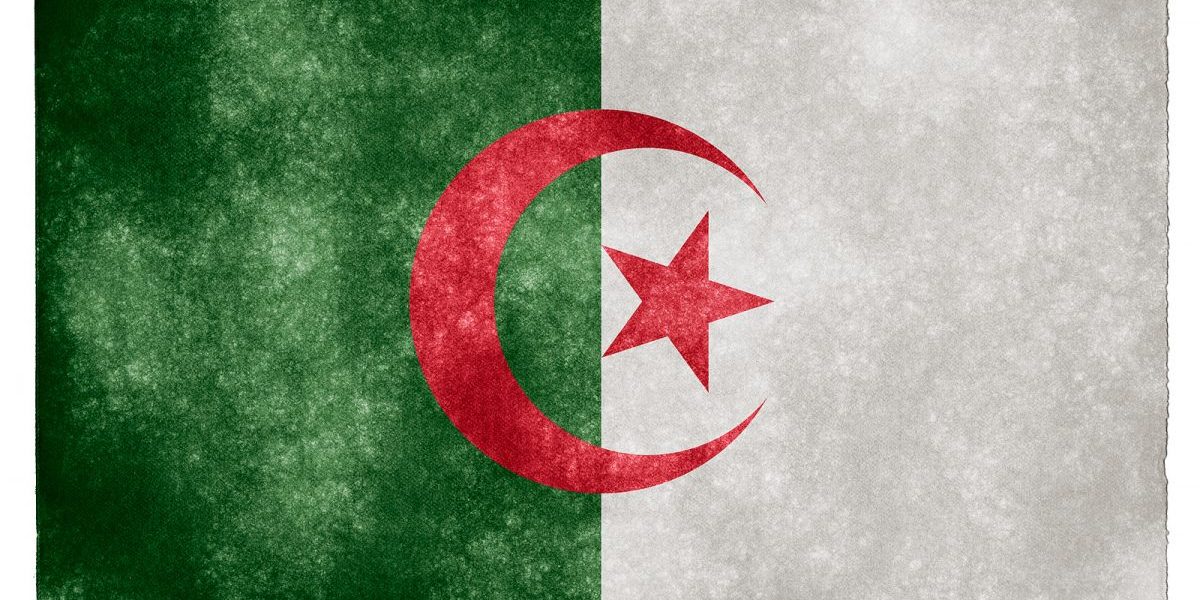The most potent political party was the Islamic Front of Salvation (FIS), which won the first ballot of the 1991 parliamentary elections. In 1992 the military cancelled the parliamentary elections, fearing the consequences of a victory by a religious party. The victory of the FIS and the massive defeat of the ruling party, the National Liberation Front (FLN) was partly explained by the major social grievances against the existing system and the lack of safeguards against the abuse of new political freedom. The failure of Algeria’s initial multiparty experiment owed much to the nature of the parties that had emerged and the new party system, which reflected the characteristics of the political system itself. This paper examines the overall impact of the FIS – both before and after it was banned – and the significance of political parties in Algeria today in general.
SAIIA sincerely thanks those who acted as peer reviewers for these papers.








